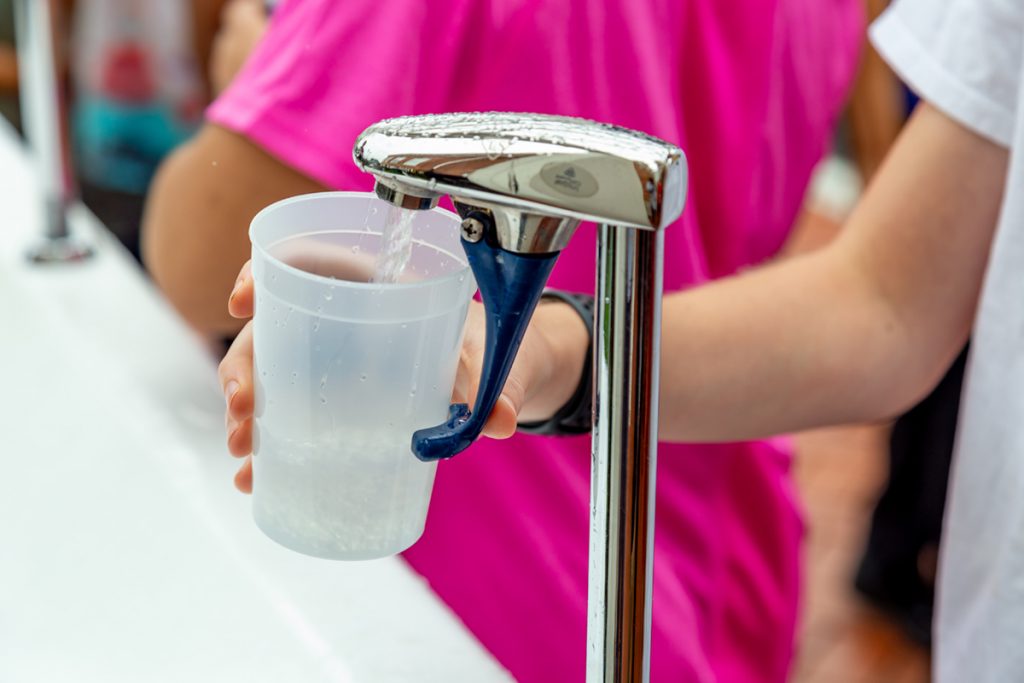Water makes for the most important part of the body; our body is made up of 70- percent of water and regardless of the time of the year, requires good hydration. Your body uses water in all its cells, organs and tissues in order to regulate and maintain all bodily functions. Because your body loses lots of water through sweat, digestion and urination, it is imperative to keep it hydrated throughout. As winter days approach and temperatures begin to drop, the air around us tends to become drier and our bodies receive less moisture as compared to warmer months. During warmer months, it is easier to drink the recommended number of glasses of water, which is 8-10 glasses, while it becomes difficult to consume this amount in winter. Harsh winter weather can wreak havoc on your system, leaving your skin parched and body dehydrated. Even though your thirst response diminishes because of low temperature, staying well-hydrated during winter is as crucial as it is during the summer season.
Keep winter dehydration at bay with these five smart strategies to up your water intake:
- Set a drinking water goal: Establishing a daily drinking water goal is one of the easiest ways to keep track of your water consumption. Also, make a habit of carrying a water bottle everywhere you go, including at work, as it acts as a physical reminder to stay hydrated.
- Warm it up: Instead of forcing yourself to gulp down glasses of cold water, drink warm water (plain or infused), homemade smoothies, and healthy hot beverages like green tea, cinnamon tea, and hot chocolate.
- Make it a daily habit: While you most likely drink water during your workouts, it can be hard to fit the practice into your everyday routine in the winter. At work during the day, keep some water next to you for visibility. Additionally, using a marker to draw intake times on the bottle allows you to keep your winter hydration regularly scheduled. In the evening, put a bottle of water on your nightstand so you see it before going to sleep.
- Eat hydrating foods: Consuming fluid-filled foods like orange, oatmeal, cantaloupe, celery, strawberries, and yogurt is a great way to sneak in more water into your daily diet. Eating homemade soups made with seasonal vegetables and herbs can also help you stay hydrated while providing warmth and nourishment to your body.
- Consider your workout water needs: It is recommended to take half a cup of water for every fifteen minutes of exercise to rehydrate your body. To replenish lost fluid post-workout, always aim to drink one and a half times the fluid you lost while exercising.

